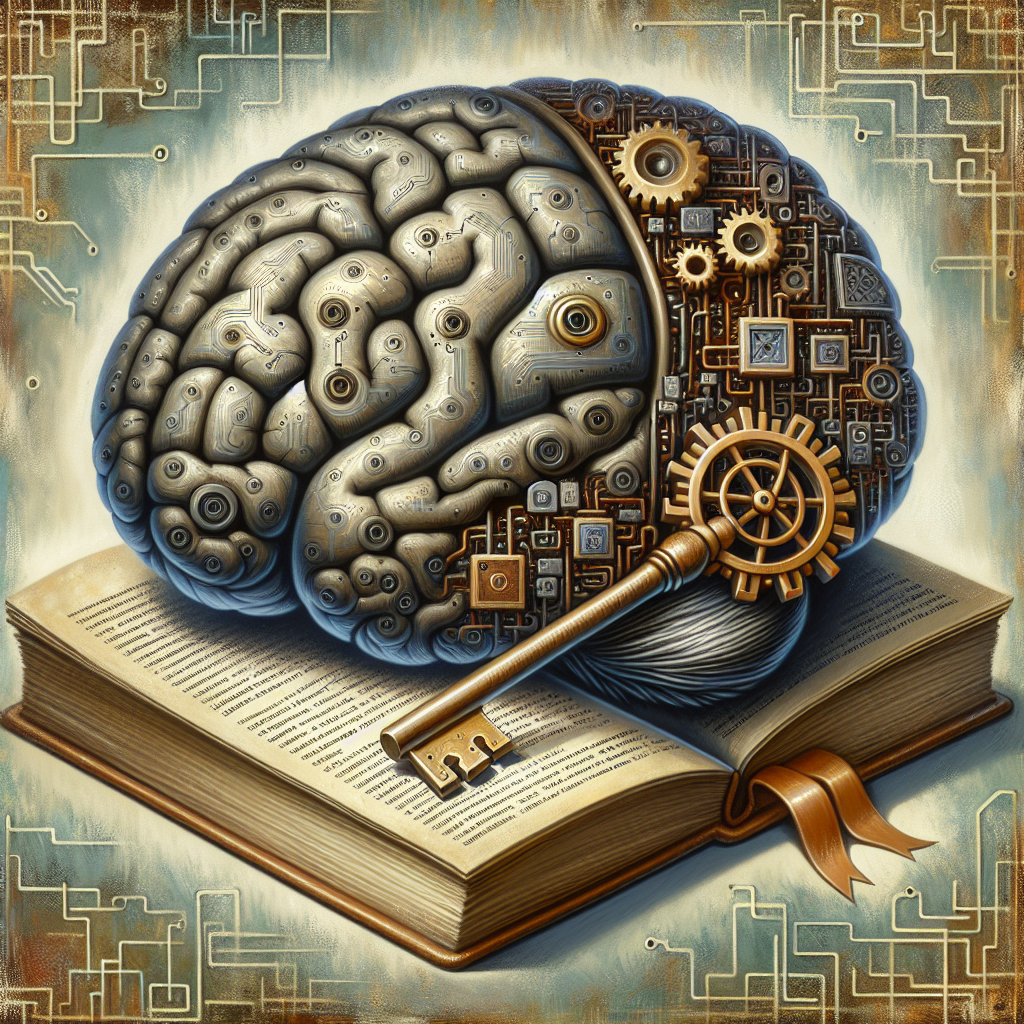Exploring A.I Ethics Through the Lens of Foucault

Introduction
Artificial Intelligence (A.I) has become an integral part of our daily lives, from self-driving cars to personalized recommendations on social media. While the advancements in A.I technology have undoubtedly brought about numerous benefits, questions regarding its ethical implications have also arisen. In this blog, we will explore the ethical issues surrounding A.I through the lens of Michel Foucault, a renowned French philosopher known for his work on power, knowledge, and surveillance.
Foucault's Perspective on Power and Knowledge
Foucault believed that power is not just something held by individuals or governments, but is dispersed throughout society. He argued that power operates through systems of knowledge and discourse that shape our understanding of the world. In the context of A.I, this perspective raises important questions about who controls the algorithms that govern A.I systems, and how these systems shape our perceptions and behaviors.
Surveillance and Privacy
One of the key ethical concerns surrounding A.I is the issue of surveillance and privacy. A.I systems are increasingly being used to monitor and track individuals, raising questions about the implications for personal freedom and autonomy. Foucault's concept of "panopticism," in which individuals internalize the gaze of surveillance, can help us understand how A.I technologies can exert control over individuals and shape their behavior.
Bias and Discrimination
Another ethical issue related to A.I is the problem of bias and discrimination. A.I algorithms are often trained on data that reflects existing social inequalities, leading to biased outcomes that perpetuate discrimination. Foucault's work on the ways in which power operates through systems of classification and normalization can help us understand how A.I systems can reinforce existing power structures and social inequalities.
Conclusion
In conclusion, exploring the ethical implications of A.I through the lens of Foucault can provide valuable insights into the ways in which power, knowledge, and surveillance shape our interactions with technology. By critically examining the ways in which A.I systems operate and the implications for individuals and society, we can work towards developing ethical frameworks that promote justice, equality, and respect for human rights in the age of artificial intelligence.